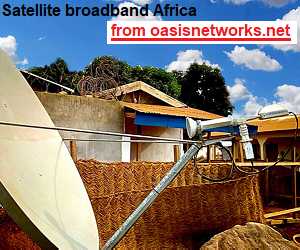| Home Login Register |
| Satellite Internet forum › Dish pointing and alignment › Feed Horn polarisation |
|
Pages: 1
|
Feed Horn polarisation(Read 7020 times) |
|
techtest
Member
★★ Offline Posts: 42 |
Mar 22nd, 2010 at 6:55am
|
| Back to top |
IP Logged
|
|
Admin1
YaBB Admin
★★★★★ Offline Posts: 1192 |
Reply #1 - Mar 22nd, 2010 at 9:14am
|
| Back to top |
IP Logged
|
|
techtest
Member
★★ Offline Posts: 42 |
Reply #2 - Mar 22nd, 2010 at 4:00pm
|
| Back to top |
IP Logged
|
|
Admin1
YaBB Admin
★★★★★ Offline Posts: 1192 |
Reply #3 - Mar 22nd, 2010 at 7:37pm
|
| Back to top |
« Last Edit: Mar 23rd, 2010 at 8:36am by Admin1 »
IP Logged
|
|
Pages: 1
|
Email me: eric@satsig.net
Powered by YaBB 2.5.2!
YaBB Forum Software © 2000-. All Rights Reserved.
Disclaimer, Terms of Use and Privacy Forum User Agreement Forum rules Cookie policy.




